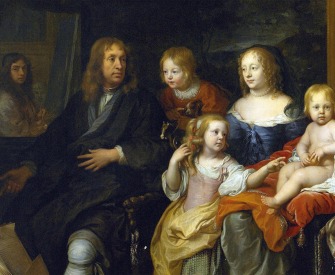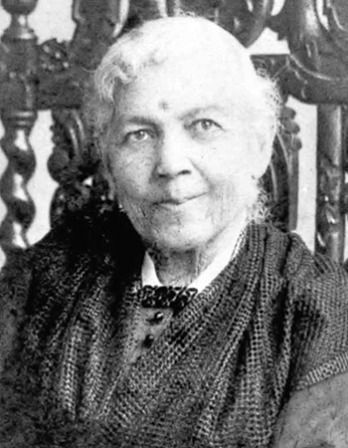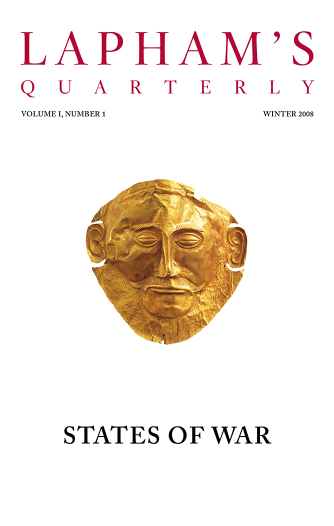You who are called fathers should be interested in all that concerns the education of your sons. We hear by certain whisperings that the teachers of eloquence at Rome are not receiving their proper reward, and that the sums appointed to be paid to the masters of schools are lessened by the haggling of some persons.
Grammar is the noble foundation of all literature, the glorious mother of eloquence. As a virtuous man is offended by any act of vice, as a musician is pained by a discordant note, so does the grammarian in a moment perceive a false concord.
The grammatical art is not used by barbarous kings: it abides peculiarly with legitimate sovereigns. Other nations have arms; the lords of the Romans alone have eloquence. Hence sounds the trumpet for the legal fray in the Forum. Hence comes the eloquence of so many chiefs of the state. Hence, to say nothing more, even this discourse that is now addressed to you.
Wherefore let the teacher of grammar and of rhetoric, if he be found suitable for his work and obey the decrees of the prefect of the city, be supported by your authority and suffer no diminution of his salary.
To prevent his being dependent in any way on the caprice of his employer, let him receive half his salary at the end of half a year, and his annonae at the customary times. If the person whose business it is to pay him neglects this order, he shall be charged interest on the arrears.
The grammarian is a man to whom every hour unemployed is misery, and it is a shame that such a man should have to wait on the caprice of a public functionary before he gets his pay. We provide for the salaries of the play-actors, who minister only to the amusement of the public; and how much more for these men, the molders of the style and character of our youth! Therefore let them henceforward not have to try the philosophical problem of thinking about two things at once but, with their minds at ease about their subsistence, devote themselves with all their vigor to the teaching of liberal arts.
From the Variae. Born near the end of the fifth century in southern Italy, Cassiodorus was an administrator and draftsman of royal diplomatic correspondence for the Ostrogothic kings Theoderic and Athalaric. Sometime around 537 he published the Variae, twelve books of official letters and documents he had composed under aliases, including Athalaric. Around 550 Cassiodorus retired from public service and founded a monastery, where he and his monastic community collected and transcribed manuscripts of both Christian and pagan origin.
Back to Issue




